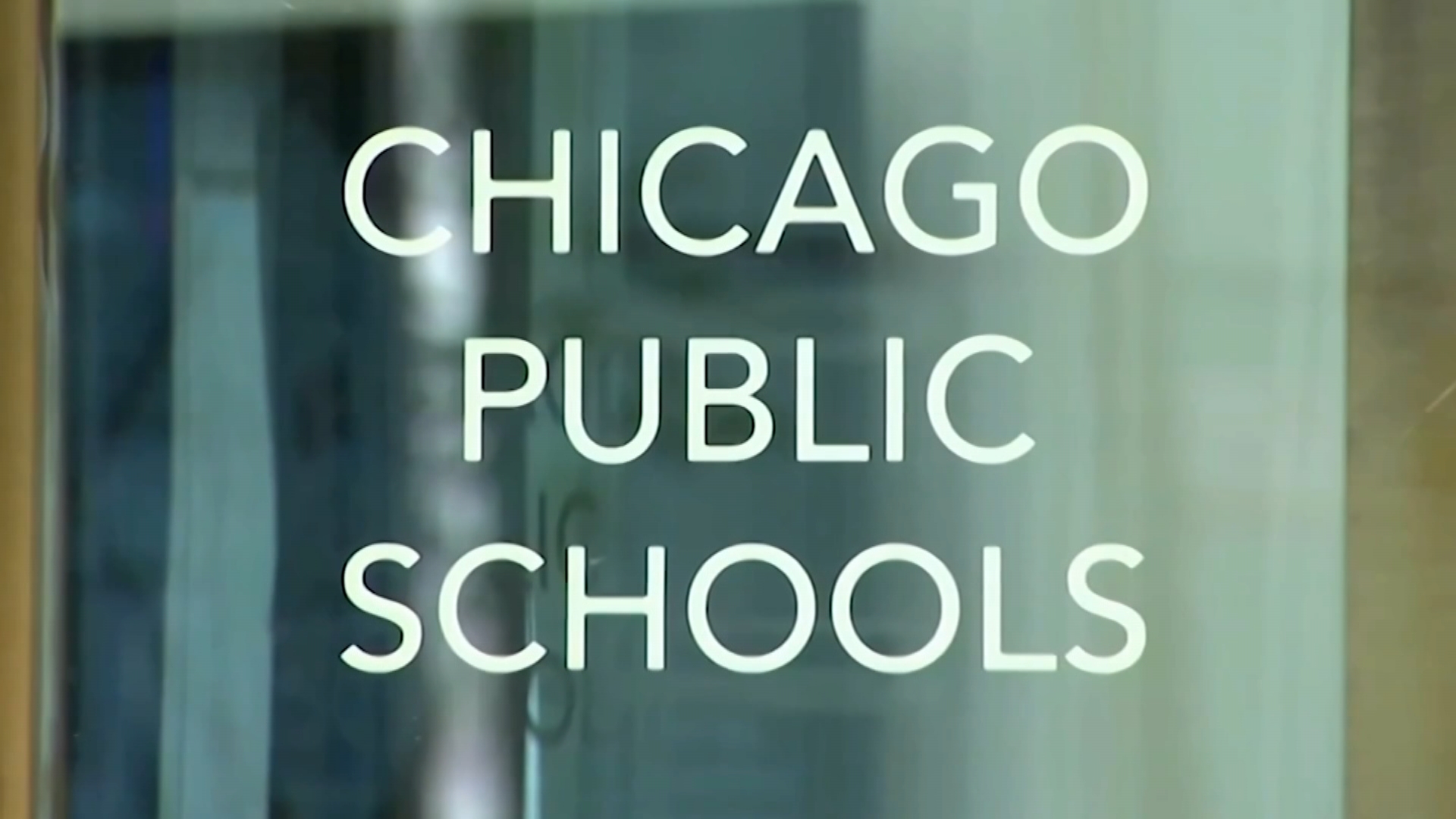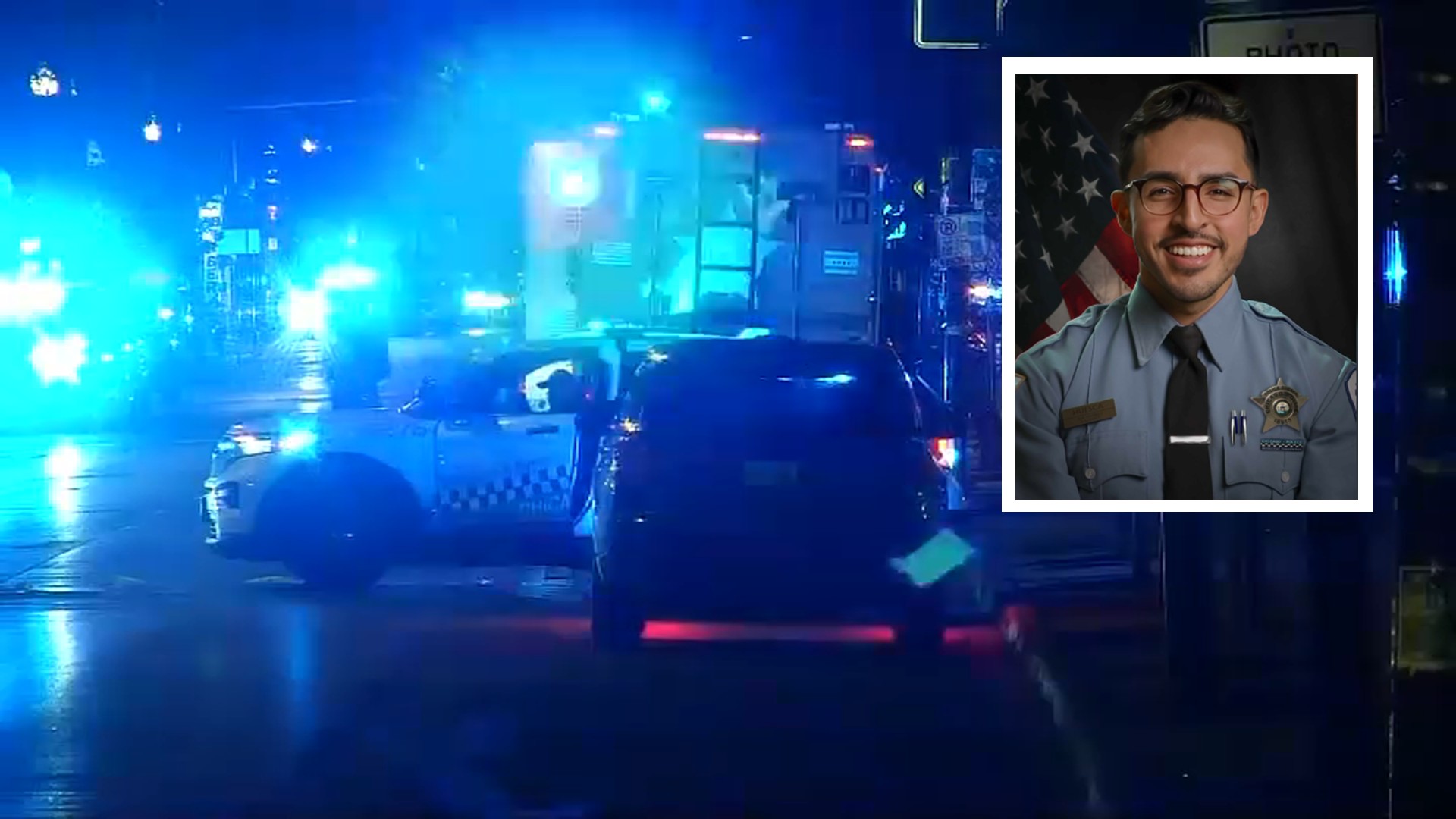Days after the Northwestern University student newspaper published a controversial editorial apologizing for its coverage of a campus visit by former Attorney General Jeff Sessions, the dean of the university’s Medill School of Journalism is defending the students involved.
In a lengthy statement, Dean Charles Whitaker defended the students' reporting used in the coverage of the Sessions visit, saying that it was “fair” and respectful.
“Let me be perfectly clear: the coverage by The Daily Northwestern of the protests stemming from the recent appearance on campus by former Attorney General Jeff Sessions was in no way beyond the bounds of fair, responsible journalism,” he said in the letter, which was published on the school's website. “It is naïve, not to mention wrongheaded, to declare, as many of our student activists have, that The Daily staff and other student journalists had somehow violated the personal space of the protestors by reporting on the proceedings, which were conducted in the open and were designed, ostensibly, to garner attention.”
The controversy began after the student journalists were criticized for tweeting photos of protesters outside of an appearance by Sessions, which was sponsored by the campus’ College Republicans group. The student journalists also used the school’s directory to contact students and for initially naming a protester quoted in an article.
On Sunday, the newspaper’s editorial board wrote an editorial apologizing for the coverage, saying that it was “not the paper that Northwestern students deserve.”
“We recognize that we contributed to the harm students experienced, and we wanted to apologize for and address the mistakes that we made that night – along with how we plan to move forward,” the editorial says.
The editorial also apologized for photos of protestors that were posted on the newspaper’s website, which they said could be seen as “retraumatizing and invasive” to students pictured.
Local
The editorial garnered hundreds of comments on the paper’s website, many from professional journalists and Medill School alumni, largely condemning the board’s position. Some called the editorial “embarrassing.”
Whitaker pushed back against those criticisms, calling upon alumni of the school and journalists to “give the young people a break” with their public criticism over the apology editorial.
“Don’t make judgments about them or their mettle until you’ve walked in their shoes,” he said.
In his response to the controversy, Whitaker expressed fears that the apology could send a “chilling message about journalism,” asserting journalists should be allowed to cover stories “freely and unfettered by harassment.”
Whitaker did say that faculty at the school will continue to work with student journalists on their reporting techniques, emphasizing that they want to make sure the students know that “private individuals have no obligation to speak with reporters,” and that they want to treat everyone they encounter while pursuing stories “with dignity and respect.”
Ultimately, Whitaker hopes that the school and students on both sides of the issue can treat the situation as a learning experience, fostering dialogue about not only the rights of the press but also on covering stories fairly.
“Journalism is under assault in a variety of spheres, but my hope is that we at Northwestern can model ways in which a community can promote freedom of the press while also demonstrating how we conduct healthy and respectful debate,” he said.



